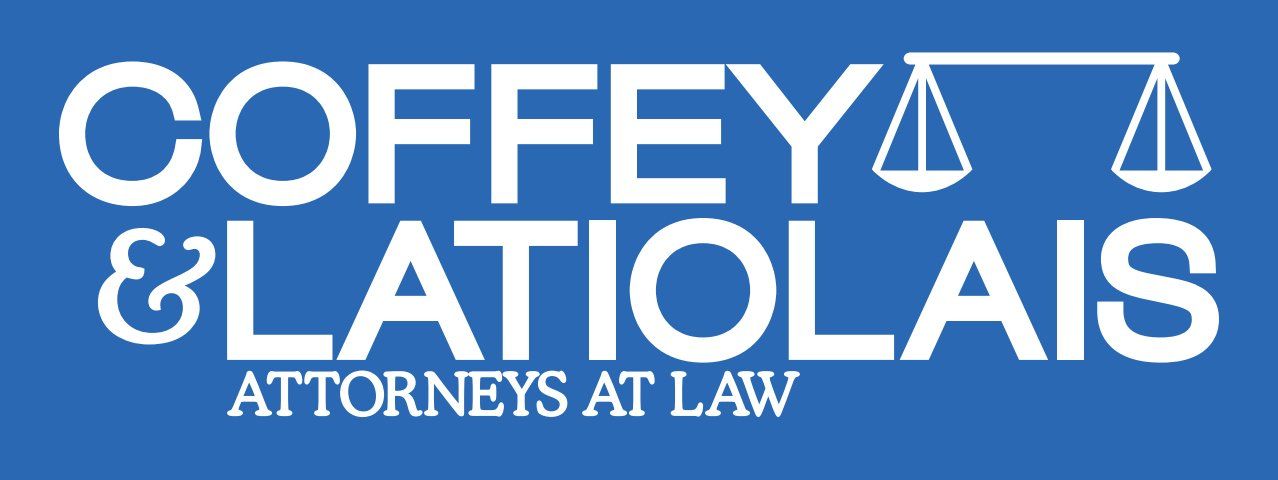
Protect the Future of Your Estate
Fundamental Estate Planning in Texas
Estate planning is not about how much money you have. It is about protecting what you have for yourself during your lifetime and protecting it for those you love after you're gone. It ensures that what you have is left to the people you love, and that they receive it the way you want, when you want.
Estate planning really is for everyone. It doesn't matter if you have $400 or $400,000. You still have to plan for the future. Estate planning can only be done by attorneys. Your estate plan can be as simple as a Will, Healthcare Documents, and a Power of Attorney. It can also be more involved and include a revocable trust, an irrevocable trust, an asset protection trust, as well as many other strategies that are tailored to fit your needs.
While many people do not believe they have an estate plan, they are often surprised to learn that the State of Texas has a default plan already in place for them. In the absence of legal planning (having a will, trust, etc.), your estate will be distributed after death according to Texas's laws of intestacy. Usually, the state's plan differs from the plan you would choose, and the State will probably not distribute your money and assets the same way you would have chosen. A properly drafted estate plan will replace the terms of the State's estate plan with your own.
Your Last Will and Testament
Your last will and testament is just one part of a comprehensive estate plan. If a person dies without a Will they are said to have died "intestate," and State laws will determine how and to whom the person's assets will be distributed. Some things you should know about wills:
- A will does not help manage a person's affairs when they are incapacitated by illness or injury. A will only has authority after a person is deceased.
- A will does not help an estate avoid probate. A will is a legal document submitted to the probate court, so it is basically an "admission ticket" to probate.
- A will is a good place to name the guardians of your minor children in the event you pass away before they become legal adults. All parents of minor children should document their choice of guardians. If you leave this to chance, you could be setting up an unprecedented family battle, and your children could wind up with the wrong guardians.
Trusts
Trusts come in many shapes and sizes. They can be simple or complex, and they serve a variety of legal and personal purposes. At the most basic level, a trust is a legal entity with at least three parties involved: the trust-maker, the trustee (trust manager), and the trust beneficiary. Often, all three parties are represented by one person or a married couple. In the case of a revocable living trust, for example, a person may create a trust (the trust-maker) and name themselves the current trustees (trust managers) who manage the trust assets for their own benefit (trust beneficiary).
Depending on the situation, there may be many advantages to establishing a trust, including avoiding probate court. In most cases, assets owned in a revocable living trust will pass to the trust beneficiaries (or heirs) immediately upon the death of the trust-maker(s) with no probate required. Certain trusts also may result in tax advantages both for the trust-maker and the beneficiary. Or they may be used to protect property from creditors, or simply to provide for someone else to manage and invest property for the trust-maker(s) and the named beneficiaries. If well drafted, another advantage of trusts is their continuing effectiveness even if the trust-maker dies or becomes incapacitated.
Powers of Attorney
A power of attorney is a legal document giving a person of your choice the legal power to do certain things for you. The powers you give depend on the terms you set forth in the document. A power of attorney may be very broad or very limited and specific. All powers of attorney terminate upon the death of the maker. When your intent is to designate a backup decision maker in the event of your incapacity, then a durable power of attorney should be used. Durable Powers of Attorney should be frequently updated because banks and other financial institutions may hesitate to honor a power of attorney that is more than a year old.
Healthcare Documents
An advance directive is a document that specifies the type of medical and personal care you want in the event you lose the ability to make and communicate your own decisions. Anyone over the age of 18 may execute an advance directive, and this document is legally binding in Texas.
A Texas Medical Power of Attorney can specify who will make and communicate decision for you if you are incapacitated and are unable to make healthcare decisions for yourself. It can also set forth the circumstances under which you would not like your life to be prolonged if, for example, you were in a coma with no reasonable chance of recovery.
A HIPPA Release should accompany your advance directive. A HIPPA Release is an authorization to your medical providers to allow specified individuals to access your medical information. Without this authorization, your doctor may refuse to communicate with the decision maker you have chosen.